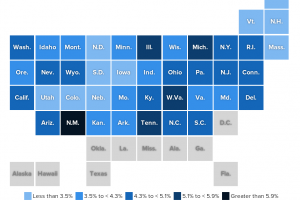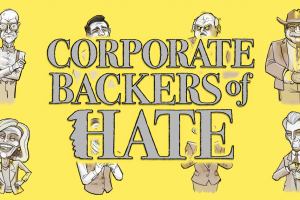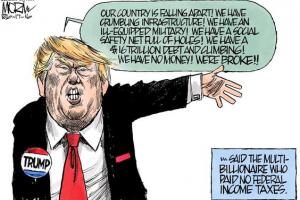State Unemployment Rates by Race and Ethnicity Show Recovery Expanding but Still Leaving Stubborn Pockets of High Unemployment
Economic Policy Institute
 The African American unemployment rate is at or below its pre-recession level in 11 states: Arkansas, California, Illinois, Indiana, Michigan, Mississippi, New Jersey, New York, North Carolina, Ohio, and South Carolina. However, a return to pre-recession levels in these states is barely a recovery: in all of these states, black unemployment rates were above 8.0 percent before the recession.
The African American unemployment rate is at or below its pre-recession level in 11 states: Arkansas, California, Illinois, Indiana, Michigan, Mississippi, New Jersey, New York, North Carolina, Ohio, and South Carolina. However, a return to pre-recession levels in these states is barely a recovery: in all of these states, black unemployment rates were above 8.0 percent before the recession.










Spread the word